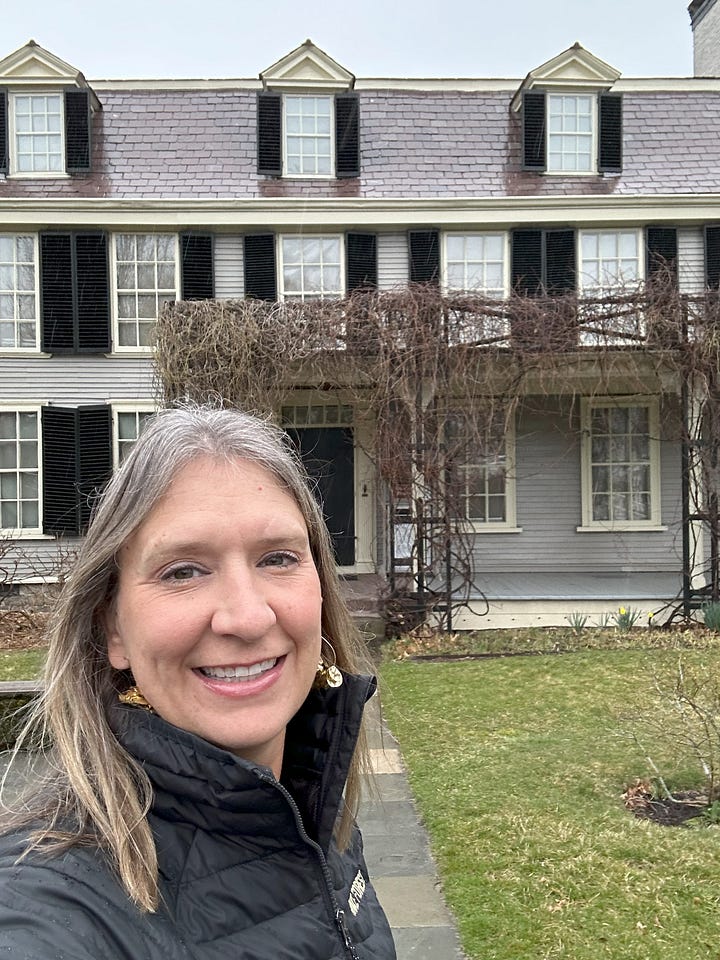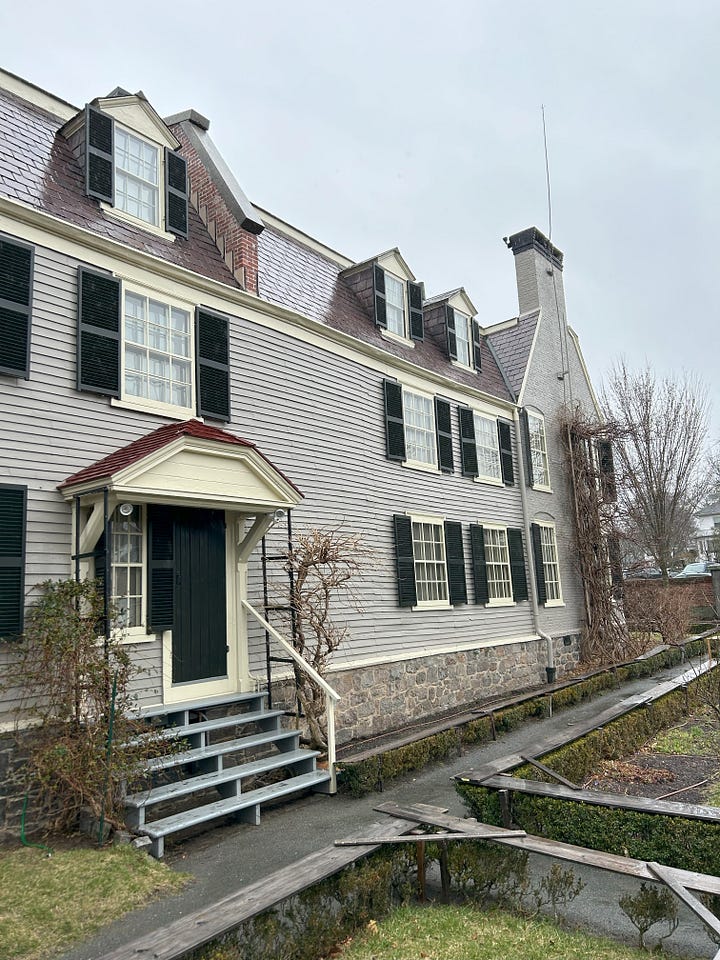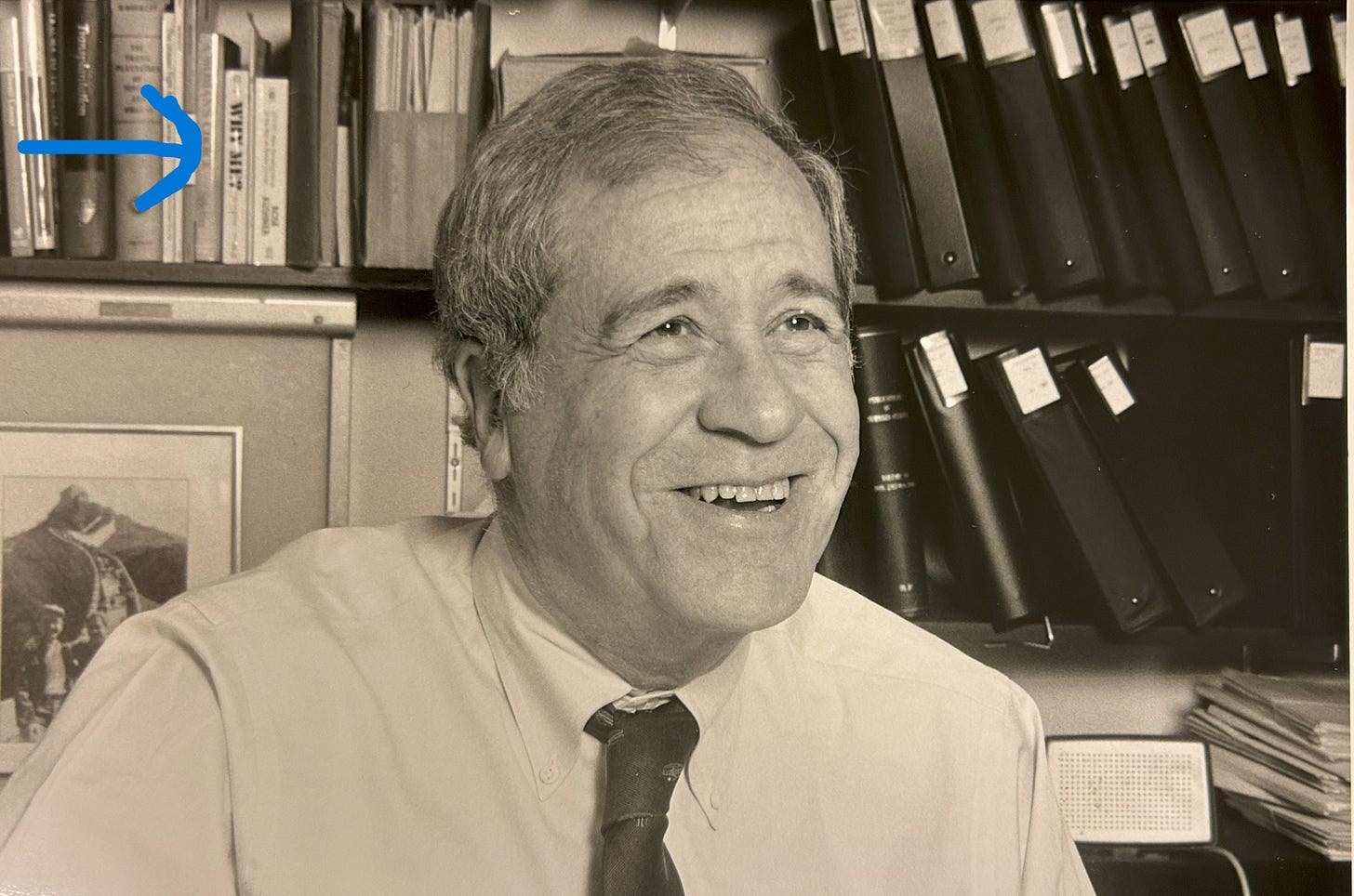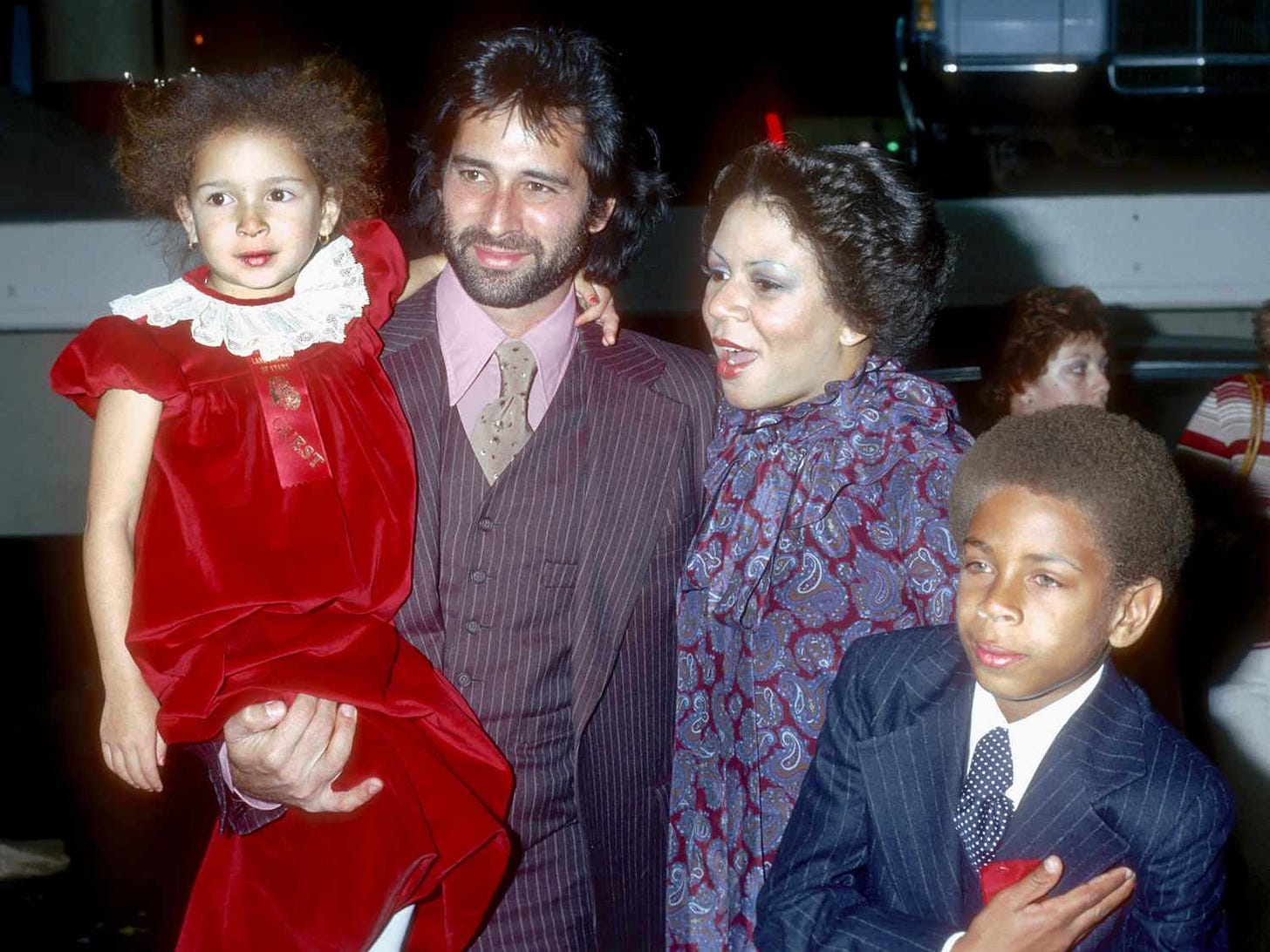For most of history, the voices of women with breast cancer have been silent, including the daughter of an American president. Fifty years ago, they began to speak.
While Bernie Fisher worked to change doctor’s minds, women demanded input into their care. Those whose lives are impacted by cancer continue to influence how doctors, including me, approach our patients and your treatment.
Pictures:




And one video:
In 1994, Connie Chung interviewed Barbie creator Ruth Handler. Handler talks about how her breast cancer diagnosis led her to develop a better breast prosthesis. “My career has been breasts to breasts,” Handler once told Johnny Carson.
Keep Reading:
Women, Power, and Cancer
A familiar face smiled at me as I turned from the podium and walked towards the edge of the stage. A line of audience members had formed at the bottom of the stairs, waiting to say hello or ask a question.
Links:
Take a walking tour of Dr. Rush’s Philadelphia with
Donate to Hirsch Wellness (or sign up for a virtual class if you are a cancer survivor or caregiver).
Read more about Judy Pearson (and her upcoming book on Rose Kushner) here.
Women: consider participating in the WISDOM study which is looking at personalized screening for breast cancer. I signed up this week!
Sources:
About Nabby Adams Smith. Adams National Historic Park via the United States National Park Service.
Bathsheba’s Breast: Women, Cancer and History. James S. Olson. Johns Hopkins Press. 2002.
Breast Cancer: A Personal History and Investigative Report. Rose Kushner. Harcourt Brace Jovanovich. 1975.
What Women Should Know About the Breast Cancer Controversy. George Crile, Jr. MD. Macmillian Publishing. 1973.
Pioneers of Surgery. NOVA. British Broadcasting Corporation. September 1988.
Shirley Temple Black press conference. August 11, 1972
Minnie Ripperton’s interview on the Mike Douglas Show. September 23, 1977.
First Lady Betty Ford’s Remarks to the American Cancer Society (November 7, 1975)
Bernard Fisher Interview, American Association for Cancer Research (April 4, 2011)
A special treat for those who made it to the end…
Released in 1978, First You Cry starred Mary Tyler Moore as NBC journalist Betty Rollin who was diagnosed with breast cancer and underwent a mastectomy.














Share this post